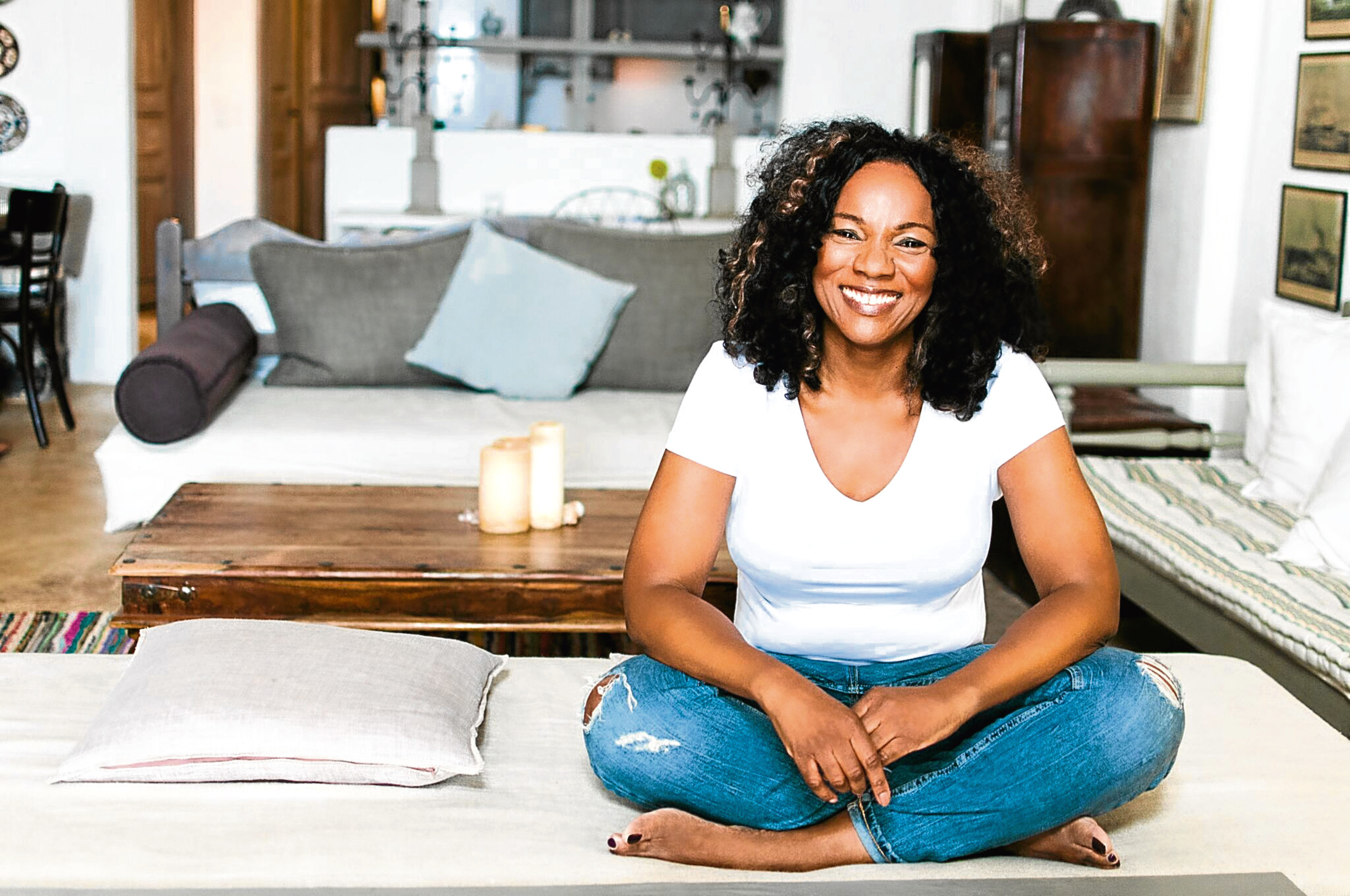
“THERE are huge links between mental health and alcoholism and addiction.”
They’re the words of Dr Bunmi Aboaba who, as a sobriety companion and coach and founder of The Sober Advantage, knows what she’s talking about.
“It’s a two-way street. Addiction can cause the demise of mental health as somebody who’s drinking or drugging will be more prone to anxiety, stress, depression, suicidal thoughts, psychosis and paranoia, all of which can be brought on by neurochemical changes in the brain caused by addiction.
“And a person could be more prone to addiction because they have a mental health problem. Stress and anxiety can lead to you self-medicating, for example, so it’s a huge factor that’s not highlighted enough.”
Bunmi helps people battling addictions get control of their lives and beat their addiction using a variety of techniques, all of which she has used herself to help her gain her sobriety and remain sober for 10 years.
But despite what you might think, sobriety companions aren’t the sole preserve of the rich and famous.
“Yes, celebs have their sober coaches, maybe there’s a contract in place and they need a companion, but more and more I work with teachers, students, teenagers, housewives and professional women.
“Companionship might not be 24/7, it might just be for certain parts of the day when people feel vulnerable – during ‘wine o’clock’ for instance, spending three or four hours with them after work until the feeling passes.
“It could be a housewife who has young kids and has a vulnerable time at lunchtime before she picks them up. She wants a drink and she’s putting her children in jeopardy, so we can just talk and coach them through those times.
“It’s bespoke to the person. It’s another resource, another way of helping people on their sober journey acclimatise to sobriety – we’re people doing the pragmatic day-to-day stuff.
“We implement positive things in their lives and get them into a routine because addiction is a very hard habit to break, their whole day is planned around addiction.
“We’re basically there for them.”
Is it true that some people simply have an addiction-prone personality?
“There’s definitely a correlation between addiction and personalities. And in fact there are particular profiles that suit particular careers.
“Alpha personalities are more prone to addiction because they’re used to being competitive, they’re driven and chase that high.
“You see that with top sportspeople, who are a bit more prone to alcohol or gambling addiction because they have this inner drive.
“Women are more prone to alcoholism and addiction than men, and there’s a lot of pressure on professional women. We’re juggling family, we’re trying to find that work-life balance, there’s possibly pressure in the workplace.
“We’re under more pressure to succeed, especially in a man’s environment, maybe to be seen as one of the boys. Take peer pressure. You’ve got lunchtime drinks, evenings after work and lunch with clients.
“We’ve already mentioned wine o’clock when they’re kicking off their shoes and having that little glass of wine.
“You see that all the time in films and on TV. These woman are role models and it’s seen as fun, it’s seen as middle class and the thing to do. It’s becoming the culture.
“One client of mine said she couldn’t be addicted because she drinks champagne. Well, it doesn’t matter, you’ve still got that compulsion to drink.
“Women have caught onto the fact it’s more acceptable to be drinking in a bar which it certainly wasn’t in previous decades.”
Bunmi and other sobriety companions tailor their advice to suit each client but she does share her top tips to start off a sober journey.
“I wouldn’t start by saying, ‘Right, I’ve got to stop drinking forever.’ That sets you up for a fall, try and keep things within 24 hours.
“And have a plan. Try to surround yourself with people who will support you and understand. Plan your day and make it an enjoyable one.
“Look at your triggers. One might be that phone call from the ex-husband and you automatically reach for a drink. Have a plan for when you get that call and for other areas of your life where you’ll be more prone to have a drink, like heading home from work past a particular bar.
“If there’s an event at which you’ll feel vulnerable, just put your excuses in place before you get there – ‘I’m driving someone home later.’
“Also get a life and enjoy it, put something in place that you love like the gym or yoga.
“And if you do have a little slip, don’t beat yourself up, it’s just a learning curve and just remind yourself why you want to be sober.”
Mental Health Awareness Week runs from May 14-20. For more information visit www.mentalhealth.org.uk
For more information about Dr Bunmi Aboaba visit www.thesoberadvantage.com

Enjoy the convenience of having The Sunday Post delivered as a digital ePaper straight to your smartphone, tablet or computer.
Subscribe for only £5.49 a month and enjoy all the benefits of the printed paper as a digital replica.
Subscribe